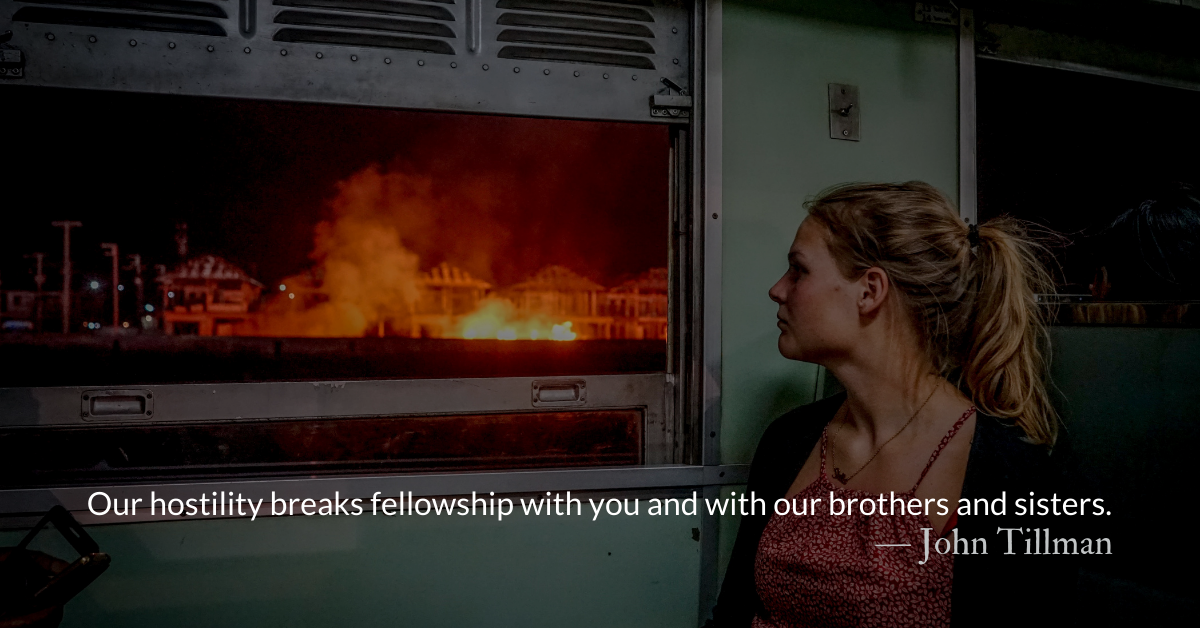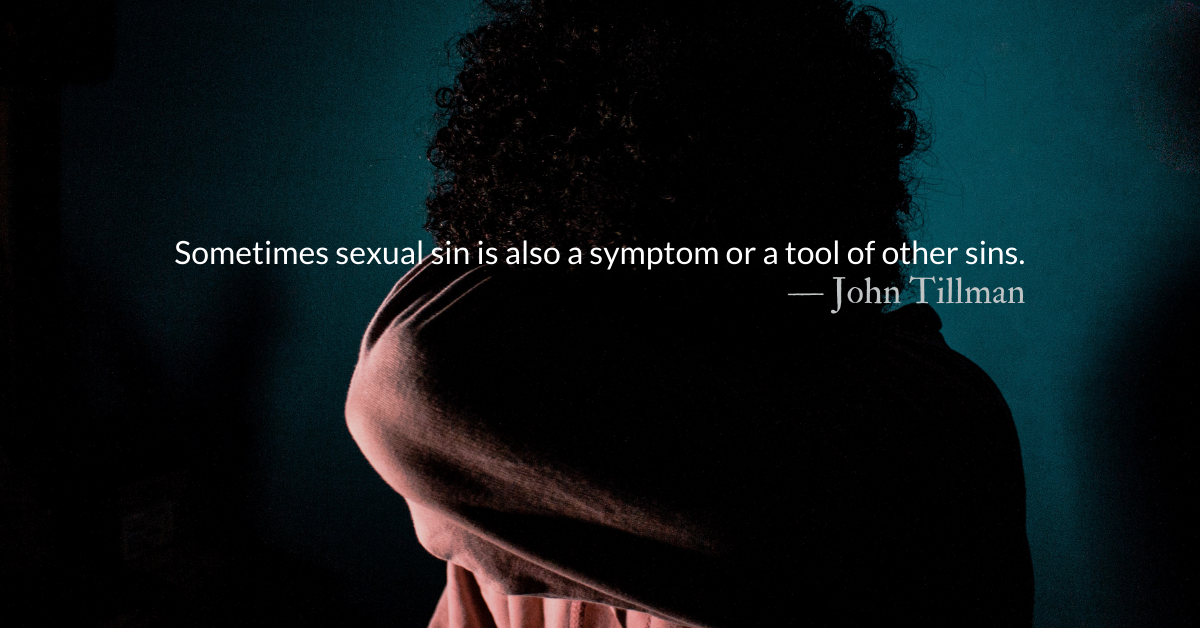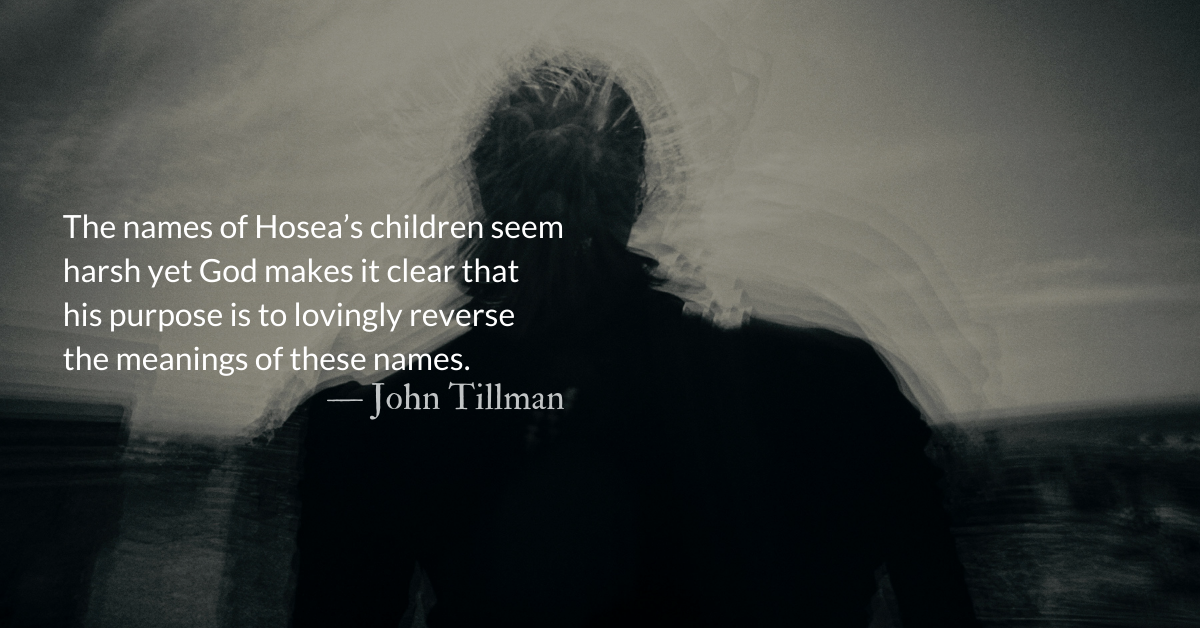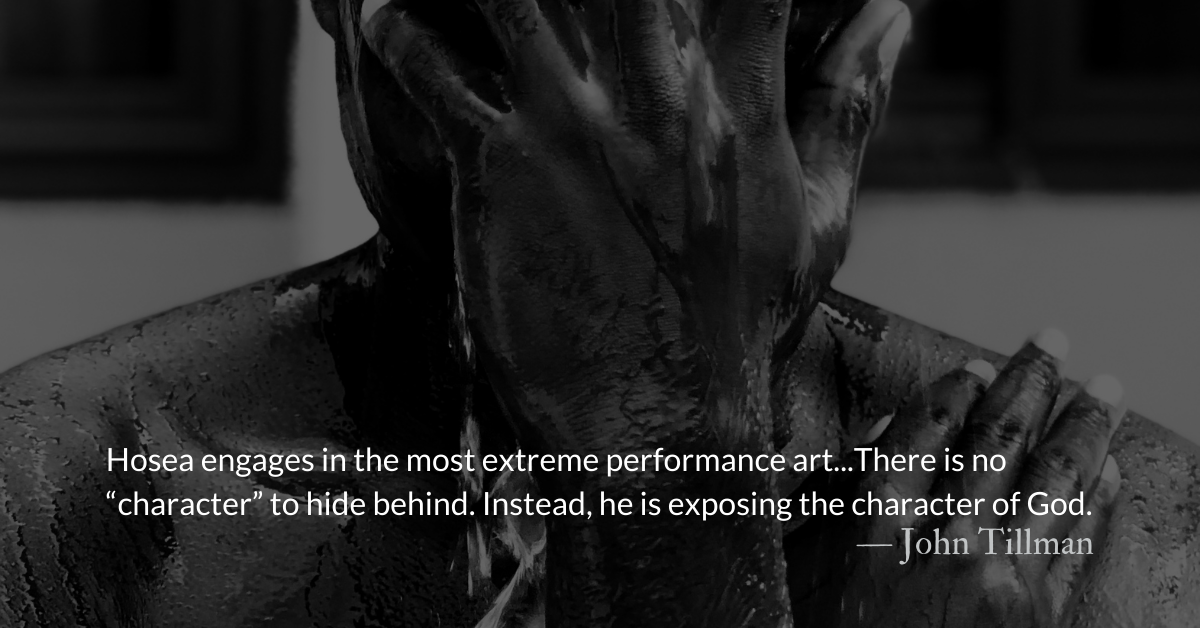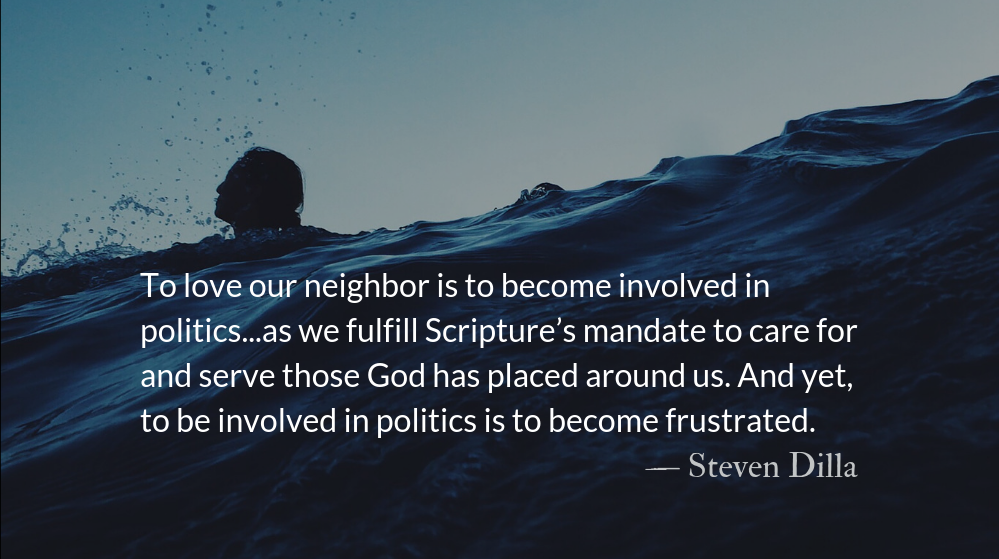Scripture Focus: Hosea 9.1
1 Do not rejoice, Israel;
do not be jubilant like the other nations.
For you have been unfaithful to your God;
Reflection: Confessing Hostility—Guided Prayer
By John Tillman
During this contentious election week in the United States, we are seeking repentance, patience, peace, and faith. We will pray for these things this week, using the scriptures from our reading plan. We will pray through the closing chapters of Hosea, today’s chapter being the ninth.
Confessing Hostility
Lord, we confess that our sins and hostility have been great.
We have been
Hostile toward leaders
Hostile toward our brothers and sisters.
Hostile to mercy and justice
The days of punishment are coming,
the days of reckoning are at hand.
Let Israel know this.
Because your sins are so many
and your hostility so great,
the prophet is considered a fool,
the inspired person a maniac. — Hosea 9.7
Prophets spoke against violence. We called them foolish.
People were inspired to protest. We called them maniacs.
The prophet, along with my God,
is the watchman over Ephraim,
yet snares await him on all his paths,
and hostility in the house of his God. — Hosea 9.8
Preachers spoke the truth. We shouted them down.
Watchmen called out warnings. We attacked them.
Because of their sinful deeds,
I will drive them out of my house.
I will no longer love them;
all their leaders are rebellious. — Hosea 9.15
Like rebellious, prodigal children, our hostility breaks fellowship with you and with our brothers and sisters.
What will you do on the day of your appointed festivals,
on the feast days of the LORD?
Even if they escape from destruction,
Egypt will gather them,
and Memphis will bury them.
Their treasures of silver will be taken over by briers,
and thorns will overrun their tents. — Hosea 9.5-6
We have loved religious posturing and procedures rather than our neighbors and trusted in ceremonies for righteousness while denying justice.
My God will reject them
because they have not obeyed him;
they will be wanderers among the nations. — Hosea 9.17
May you relent, O God. Do not reject us as we deserve.
May you hear our repentance and sorrow, Lord.
May you run to us, prodigals returning.
May we humble ourselves under your rule, no matter what king you place over us.
May renewed faithfulness make us jubilant in obedience to you.
May you restore us to fruitfulness and joy.
May we again be a light for a darkening world.
Divine Hours Prayer: The Greeting
With my whole heart I seek you; let me not stray from your commandments. — Psalm 119.10
– Divine Hours prayers from The Divine Hours: Prayers for Autumn and Wintertime by Phyllis Tickle
Today’s Readings
Hosea 9 (Listen – 2:52)
Psalm 126-128 (Listen – 1:58)
Read more about Good and Pleasant Unity? A Prayer for Election Week
The rancor and rhetoric of 2016, rather than relaxing, has ramped up, raising political tensions, accusations, and attacks.
Read more about Responding to Political Violence
Our political rancor has reached the point of normalizing violence…Christians not excluded.

